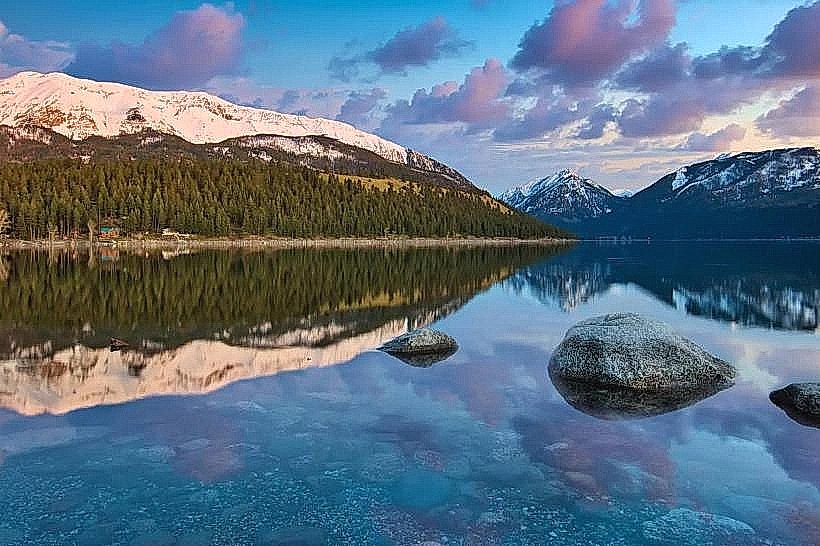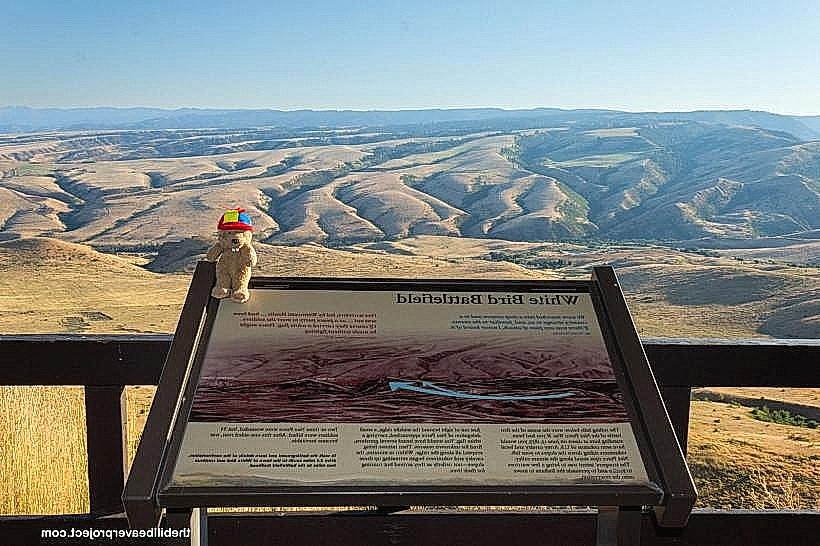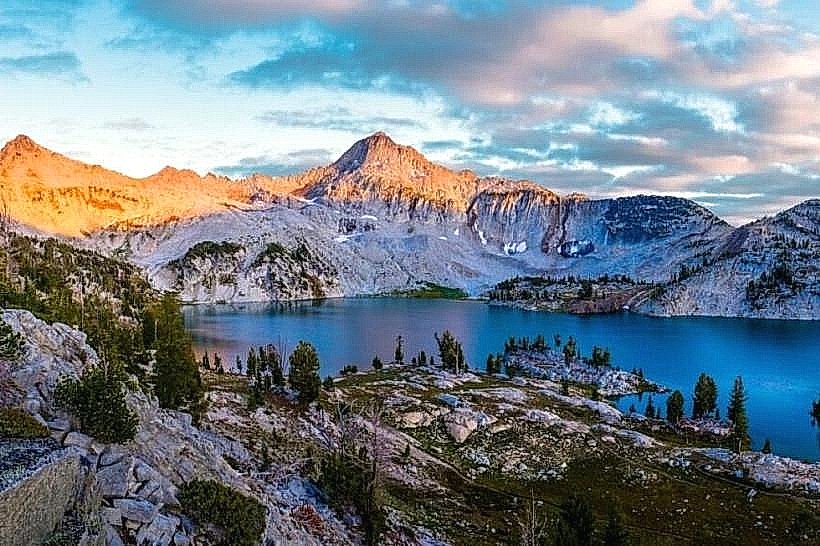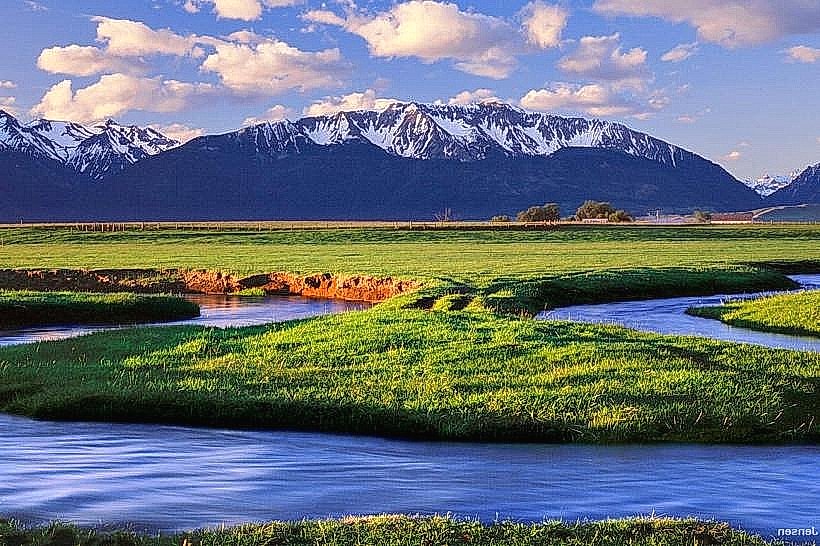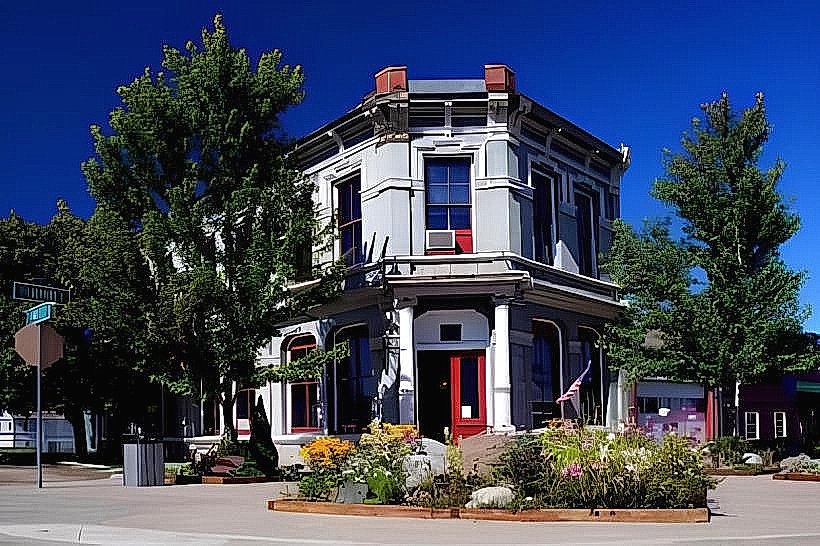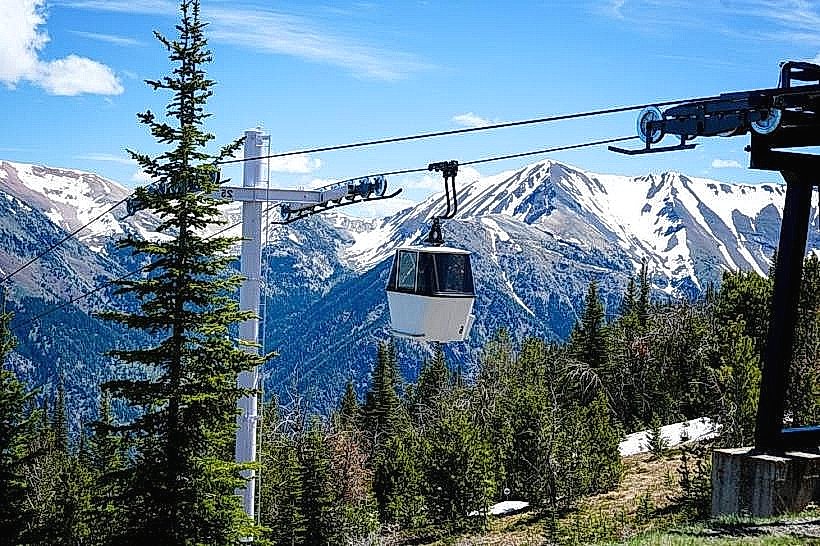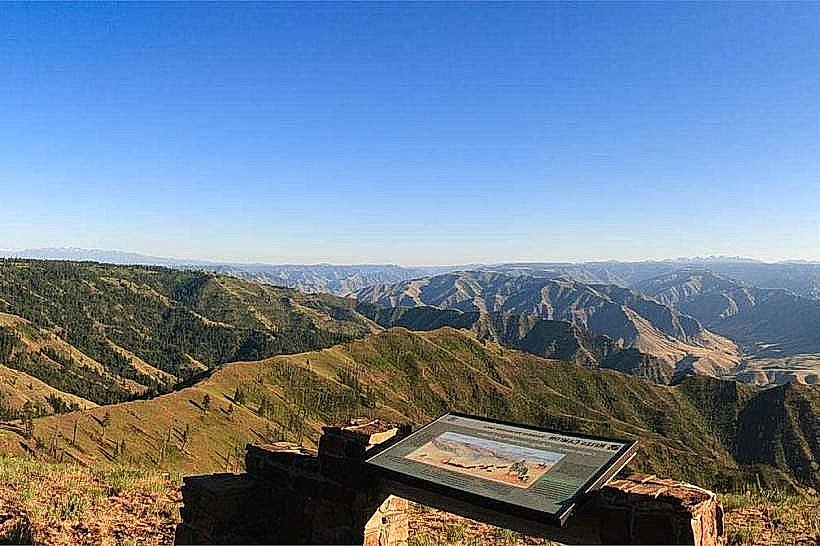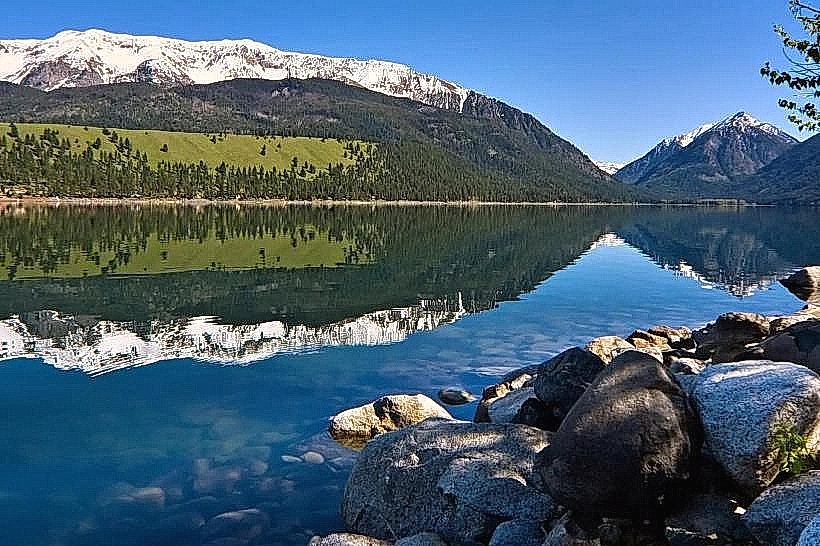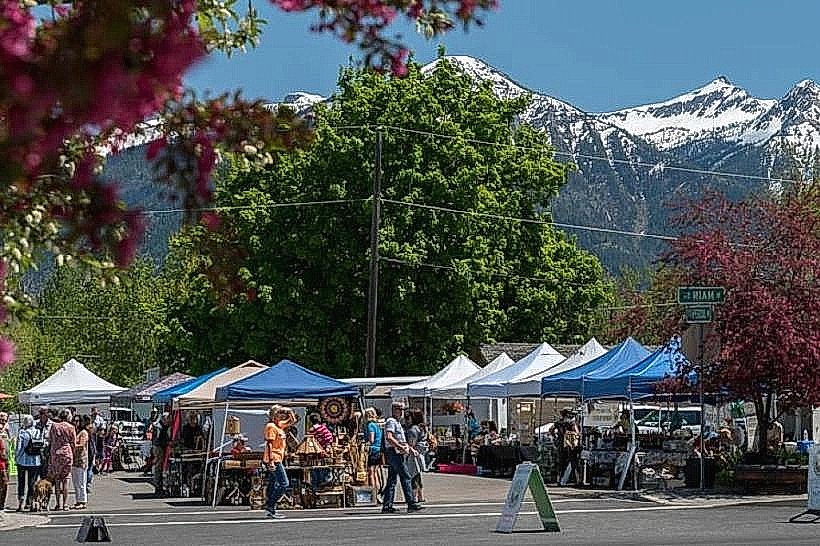Information
Landmark: Wallowa ValleyCity: Joseph
Country: USA Oregon
Continent: North America
Wallowa Valley, Joseph, USA Oregon, North America
Overview
Tucked into northeastern Oregon, the Wallowa Valley dazzles with snow‑capped peaks and carries deep layers of history, making it one of the Pacific Northwest’s most remarkable landscapes, not only that towering alpine peaks, green valleys dotted with farms, layers of history, and a vibrant arts scene have earned it a reputation as both a breathtaking landscape and a setting rich with human stories.Oddly enough, Shaped by ancient glaciers, the valley stretches for about 20 miles and widens to nearly 8, its broad U-shape cradling forests and open meadows, equally important the Wallowa Mountains-often called the “Alps of Oregon”-wrap around it on three sides, their jagged peaks soaring past 9,000 feet into the crisp, thin air.Joseph-mountain_joseph" class="underline">Chief Joseph Mountain, Eagle Cap, and Mount Howard stand out as some of the tallest peaks, their ridgelines sharp against the afternoon sky, as a result at the valley’s north edge, the land slowly gives way to rolling prairie and patchwork farmland, linking it to the Grande Ronde Valley and the wide sweep of the Columbia Plateau.If I’m being honest, Wallowa Lake rests in the valley’s center, a five-mile stretch of glacial water so clear you can witness smooth pebbles on the bottom, cradled by towering moraines shaped by ancient, retreating ice, along with the lake anchors the valley’s view, its blue surface catching the sun, and invites fishing, boating, swimming, and even pitching a tent along its shore.The Wallowa River winds through the valley, watering green hay fields before slipping away to meet the Grande Ronde River, therefore just past the valley’s southern rim, the Eagle Cap Wilderness-the largest in Oregon-unfolds in ridges and meadows, with over 500 miles of trails winding past chilly alpine lakes and untouched backcountry.The valley has long been the ancestral home of the Nez Perce (Nimiipuu), who fished its rivers and walked its grassy ridges for centuries before Europeans and Americans arrived, what’s more they caught salmon from the nippy river, tracked elk and deer through the forest, and dug up roots and berries in the grassy meadows nearby.The valley served as their home through every season, and from here they set out on long journeys across the wide sweep of their land, therefore by the 1870s, with settlers pushing deeper into their land and the U. S, therefore government tightening its grip, Chief Joseph and the Nez Perce were driven from their valley, a move that lit the fuse for the Nez Perce War of 1877, slightly Chief Joseph’s bold leadership and the long, grueling retreat toward Canada became the stuff of legend, but in the end the Nez Perce had to surrender and were sent to distant reservations, far from the rivers and hills they knew, what’s more the Wallowa Valley still holds this history close, with memorials, interpretive signs, and lively cultural gatherings keeping its legacy alive, kind of After the Nez Perce were forced from the valley, European-American settlers moved in during the late 1800s, planting crops and running cattle across the open grasslands, besides rich soil and plenty of water turned the land into prime ground for cattle, hay, and grain, with pastures so green they seemed to hum in the summer heat.Farming still shapes the valley’s economy and paints its fields with rows of green, along with snowcapped peaks rise in the distance, framing rolling hay fields, weathered barns, and quiet pastures where cattle graze.In the valley, the three main towns-Joseph, Enterprise, and Wallowa-each bring their own distinct character, from Joseph’s art-filled streets to Wallowa’s quiet, pine-scented lanes, likewise joseph is best known for its bronze foundries, the public sculptures lining its streets, lively art galleries, and its spot just minutes from the deep blue waters of Wallowa Lake, generally Enterprise is the county seat, still shaped by its ranching roots and steady administrative role, while Wallowa feels quieter, its streets steeped in local history and long‑held community traditions, after that by the late 20th century, people were starting to notice the Wallowa Valley as a lively hub for the arts, especially for the gleam and heft of bronze casting.Joseph now showcases a row of bronze sculptures gleaming in the sun along its main street, and you’ll also find art galleries and busy studios tucked between the shops, therefore this spark of creativity has turned the valley into a area people visit for its art, music, and the smell of fresh bread drifting from street cafes.Every year, events like Chief Joseph Days Rodeo-where broncs kick up dust beside tributes to Indigenous history-and Alpenfest, with its Swiss-style music and glowing alpine banners, draw locals and visitors into the same lively crowd, after that music festivals, art walks, and craft fairs keep the city buzzing with color and sound.Tourism and outdoor recreation now fuel much of the valley’s economy, from cozy mountain lodges to bustling riverside cafés, as well as people come for the stunning scenery, but they stay to hike the pine-scented trails and paddle across clear, glassy lakes.People love hiking in the Eagle Cap Wilderness, where narrow trails wind past icy alpine lakes and fields of dazzling wildflowers, alternatively ride the Wallowa Lake Tramway to the top of Mount Howard, where the valley sprawls below and jagged peaks fade into the blue horizon.Pitch your tent beneath the pines, then push off from shore for a quiet afternoon boating on Wallowa Lake, at the same time cast a line for trout or drift downstream on a raft along the clear, frosty waters of the Wallowa River.In a way, Winter means gliding over fresh snow on cross-country skis, crunching through frosted trails in snowshoes, and racing a snowmobile across the frozen lake, to boot the Wallowa Valley stands out not just for its sweeping mountain views, but for the wide, open feeling you get, like the sky could swallow the horizon.Broad, green meadows stretch to the base of towering cliffs, making you feel as if you stand in the quiet heart of a vast stone amphitheater, at the same time ranchland rolls into aged brick towns, past echoes of Indigenous heritage, and up toward sharp alpine peaks, giving the valley a rare, layered character, occasionally Today, the Wallowa Valley carries the heritage stories in its soil while welcoming the hum of modern life, as well as it still draws strength from its Indigenous roots, pioneer heritage, and deep farming traditions, yet today it’s alive with art, bustling tourism, and the call of wild trails through sunlit pines.For many, it’s both a vibrant cultural landscape and a wild sanctuary, a locale where moss drapes over ancient trees in one of Oregon’s most breathtaking, storied regions.
Author: Tourist Landmarks
Date: 2025-09-11

